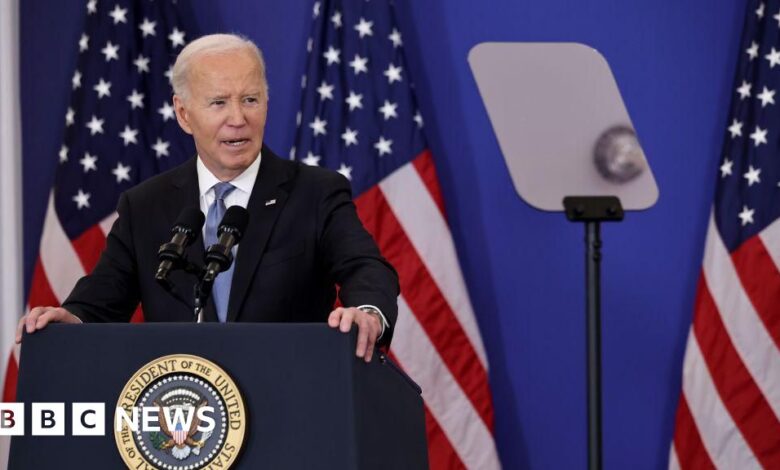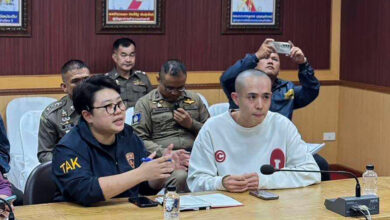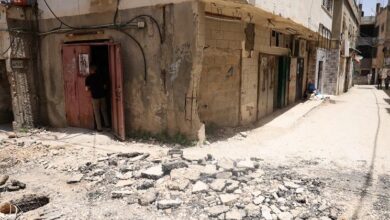The US removed Cuba from the list of countries sponsoring terrorism

President Joe Biden will eliminate the US designation of Cuba as a state sponsor of terrorism as part of a prisoner release agreement, the White House said Tuesday.
Immediately afterwards, Cuba announced that it would release 553 prisoners detained for “various crimes”. It is hoped these will include those who took part in anti-government protests four years ago.
President-elect Donald Trump was reinstated put the country on a terrorism list in the final days of his first presidential term in 2021, banning US economic aid and arms exports to the country.
But on Tuesday, a Biden administration official said an assessment of the situation found “no information” to support the designation.
Cuba said that Biden’s move is a step “in the right direction” despite its “limited nature”.
“This decision puts an end to specific coercive measures that, among many others, caused serious damage to the Cuban economy, severely affecting the people,” the Cuban Foreign Ministry said in a statement. ”.
Hundreds of prisoners will “gradually” be released following negotiations brokered by the Catholic Church, a separate statement read hours later.
Details of the prisoners have not been released – it is hoped the deal will prompt the release of some protesters imprisoned after massive anti-government protests in Cuba over economic decline of the country in 2021.
Cuba currently sits next to North Korea, Syria and Iran above US list of state sponsors of terrorism.
This means that they are considered by the US to have “continuously supported acts of international terrorism”.
Putting Cuba back on the list after being removed by President Barack Obama in 2015, Mr. Trump cited the communist country’s support for Venezuelan leader Nicolas Maduro.
Besides promoting the release of prisoners, this decision is also important because it can be seen as a step towards normalizing relations between Cuba and the US.
This could pave the way for dialogue on other controversial issues.
It could also help Cuba’s dire economic situation, as some major banks and foreign investors are having difficulty operating legally there.
A White House statement said Biden would inform Congress of his plan, which also includes reversing Trump-era financial restrictions on some Cubans.
He will also suspend the ability of individuals to make claims on confiscated assets in Cuba, the statement said.
It is unclear whether Mr. Trump will reverse this latest decision when he returns to power on January 20.
The president-elect’s nominee to be the next US secretary of state, Marco Rubio, has long supported sanctions against Cuba.
His family left the country in the 1950s before the communist revolution that brought Fidel Castro to power.




